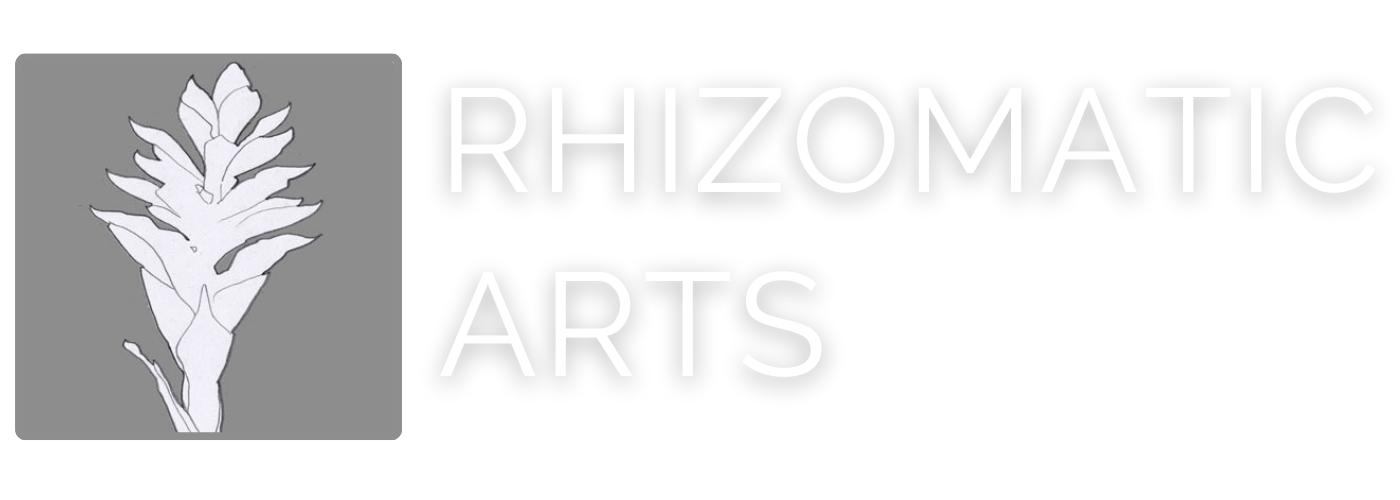A case for inter-generational support, Part 1: Mentorship
Mentorship is not a new idea in the arts. For years artists and craftspeople have apprenticed with masters, the older generations teach the younger, and cultural legacy is passed down. Today several successful programs pair not only arts practitioners, but managers and administrators as well, in mutually supportive and generative exchanges.
Margaret Jenkins' CHIME (Choreographers in Mentorship Exchange) links LA and Bay Area choreographers in mutually beneficial mentor-mentee partnerships. Some CHIME participants say that the intimacy of the relationship they are able to develop with their mentor or mentee provides a safe, respectful space for exchange of creative knowledge.
On a higher-profile, international level, the Rolex Mentor and Protégé Arts Initiative scouts the globe for the most promising emerging artists and partners them with superstar mentors (Robert Wilson, Martin Scorsese, Trisha Brown, Toni Morrison, Peter Sellars...) for one year of well-funded collaboration and project development. Protégés, who must be under 40 years old, are nominated by an anonymous scouting committee, and ultimately personally selected by their mentor who (because the program is meant to provide an opportunity the emerging artist would not otherwise have had) may not have any prior relationship with the protégé.
Help Desk LA, a project of the service and representation organization Pentacle, is an arts management mentorship program that partners performing artists (who are selected based on a written application and meetings with Pentacle Staff) with respected professional peers.
Artists and Mentors will work together over the course of twelve months to delineate the artists' infrastructure needs and create realistic achievable goals and strategies for filling those needs. Pentacle Program Staff will work with Artists and Mentors to ensure successful partnerships and to provide additional expertise. The Artists, Mentor and Program Staff join together as a group to explore common interests, goals and aspirations for building a strong peer professional cohort within the larger Los Angeles area contemporary dance community.
The key to a successful mentorship exchange is that both mentor and mentee benefit and grow from the relationship. In 'Part 2' of this blog post I will discuss this further.

